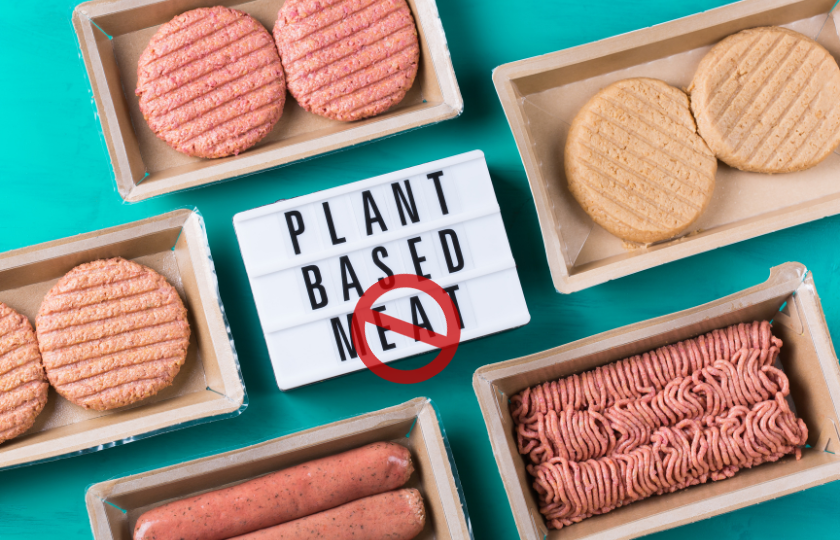The use of meat-related names and phrases such as burger, sausage, meatballs, steak, and even the word “egg” for plant-based products has been banned in South Africa, in a move likely already being eyed by other administrations around the world.
The Department of Agriculture, Land Reform, and Rural Development (DALRRD) says using product names prescribed for alt-meat products can confuse consumers, and the Food Safety Agency has the power to seize any meat analogue products doing so.
The new policy contradicts the government’s plans to introduce legislation to tackle climate change and has drawn mixed reactions from the food industry.
Peter Gordon, CEO of the South African Meat Processors Association, told FoodNavigator the body has long been lobbying for this kind of action, and it has taken the department “many years” to ban “misleading” and “incorrect labelling” of meat analogues.
“Our position has been consistent and clear: the product descriptions and product names must not ride on the back of existing animal protein products”, said Gordon.
However, Donovan Will, country director at ProVeg South Africa, disagreed. He told FoodIngredientsFirst the move is a huge step backwards in the government’s fight against climate change.
“Regulation such as this is exactly what we don’t need when the world’s scientists are telling us we urgently need to reduce our meat consumption to help break dangerous global warming,” said Will.
While the ban should only impact plant-based versions of meat products, the Food Safety Agency has also sent a seizure order to Woolworths and ordered it to remove Just Egg products from its shelves.
“The use of “eggs” in the descriptions “just egg” and “4 folded plant eggs” is regarded as misleading” as it is not made of eggs coming from chickens, turkeys or ducks, explains the agency.
“Meat analogs must not use the product names prescribed and reserved for processed meat products,” notes the directorate order by the DALRRD.
Arleen Nel, communications manager at Proveg, told FoodIngredientsFirst the law was a result of the meat industry attempting to censor the plant-based movement.
“For example, if people are looking for a substitute for chicken and the producer is not allowed to refer to it as a “chicken” alternative, then how are consumers supposed to find it or know what it is?,” asked Nel.
According to research, global greenhouse gas emissions from animal-based foods are twice as much from plant-based foods, and the recent IPCC (Intergovernmental Panel on Climate Change) report confirms the world needs to shift more towards a plant-based diet to keep within the 1.5 Celsius global warming limit set by the Paris Agreement.
“The impact of recalling, relabelling, and repackaging would be counterproductive when the South African Government should be supporting local business growth rather than making it harder for them to operate,” stated LiveKindly, operator and owner of alt-meat brand Fry Foods.
In Europe, France becomes the first country in the region to impose restrictions on plant-based items naming conventions. Similarly banning names such as “steak” or “sausage” on alternative meats.
Oddly enough, the law will only apply to French producers for now and not imports.
You won’t see anything more delusional today”, stated Nicolas Schweitzer, CEO of plant-based bacon pioneer La Vie. “After pushing for the reindustrialization of France, the government has just passed a decree pushing us to relocate”, he added via a social media statement.



